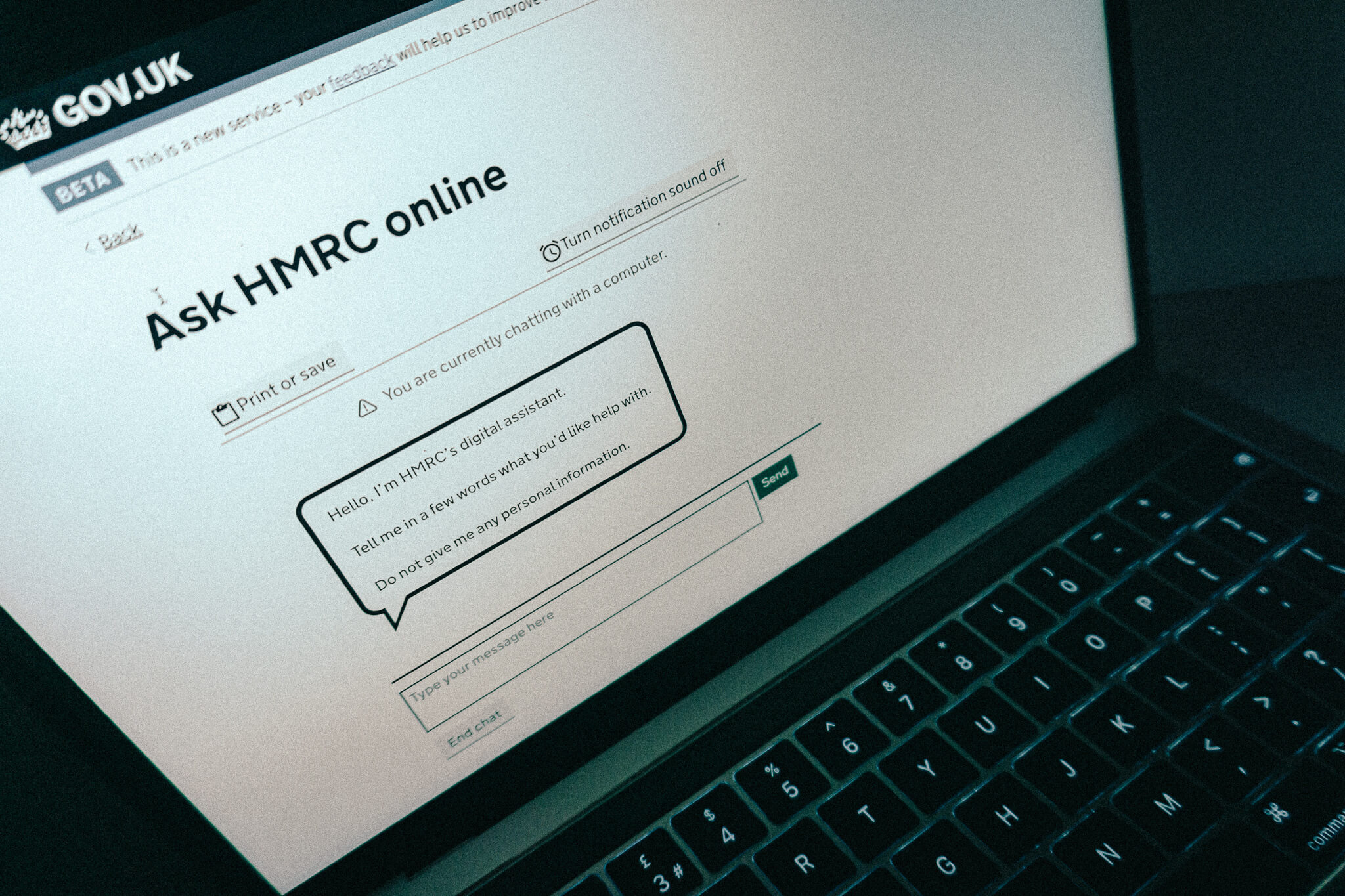Annual accounts show uplift in framework usage across both central government and the wider public sector
Credit: Pixabay
The Crown Commercial Service has claimed that its purchasing vehicles allowed public sector users to save more than £1bn in the 2019/20 year.
The procurement agency’s annual accounts show that £18.1bn was spent via its commercial agreements in the 12 months to 31 March 2020. This represents an extra £2.4bn on the prior-year figure, equating to a rise of 15.3%.
Spending via CCS deals increased at near-identical rates in both central government – where it rose from £9.1bn to £10.5bn – and the wider public sector, which spent £7.6bn, a rise of £1bn.
Money spent directly with SME businesses increased by £275m to reach an annual total of £1.23bn. This equates to 14.2% of all money spent via CCS frameworks, which the organisation claims represents a rise of 1.7 percentage points on the previous year.
CCS claimed that, as a result of using its aggregated buying arrangements, rather than paying market rates, public sector customers saved £1.06bn over the course of the year.
Related content
- Government loosens procurement rules to help departments with crisis response
- CCS smashes targets with £600m savings in FY18
- Cabinet Office repurposes Brexit consultancy deals to help departments bring in external coronavirus support
The organisation launched 33 new commercial agreements during FY20.
One of the first, back in April 2019, was Spark – a £600m “innovation marketplace” that allows public-sector customers to access emerging technologies, including the likes of smart fabrics and bioprinting. Like a growing number of CCS deals, Spark operates as a dynamic purchasing system which, unlike traditional static frameworks, allows new providers and products to be added over the course of the contract.
Also launched during the year was the fourth iteration of the Digital Outcomes and Specialists framework – the primary vehicle for public sector bodies to procure assistance with the creation of agile digital services. The deal came with an expected value of £1.6bn.
As the year came to a close, the impact of coronavirus began to accelerate and CCS took the measure of invoking regulatory allowances which, in unforeseen circumstances, permit public sector buyers to extend supply contracts beyond what would normally be permitted by law.
CCS chief executive Simon Tse said: “This allowed us to extend 12 commercial agreements that were coming to the end of their four-year term and had no further lawful extensions available, supporting suppliers and our customers in this extraordinary situation. We also used lawful extensions to extend two further agreements that were due to be replaced in 2020.”
Elsewhere in his foreword to the annual report, Tse added that the organisation’s worth should not be measured in savings alone.
“It is not just through commercial benefits that we can add value for our customers,” he said. “Our work to support effective policy delivery to strengthen the UK economy involves helping to support our customers to achieve social value objectives through their procurements, through creating tools and guidance so that social value is built into procurements and so that we can measure the social value elements of bids.”
He added: “We are committed to supporting the government in its ambitions for a third of all government spend to be with SMEs, by ensuring that our new commercial agreements are as accessible as possible to SMEs, and introducing dynamic purchasing systems that are SME friendly. We also support the government commitments on modern slavery by assuring our supply chains and reducing carbon emissions by ensuring sustainable procurement. Our commercial agreements support the government’s commitment to Net Zero by 2050, applying relevant buying standards and best practice industry innovation to all our procurement activity.”



